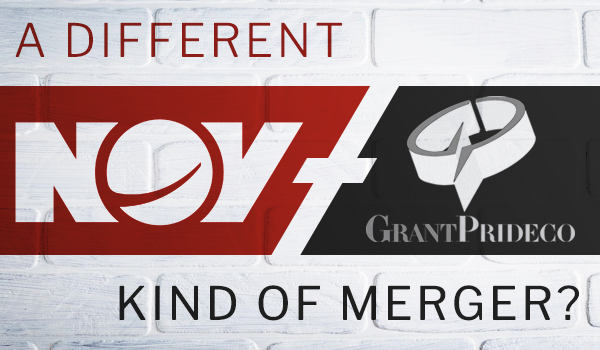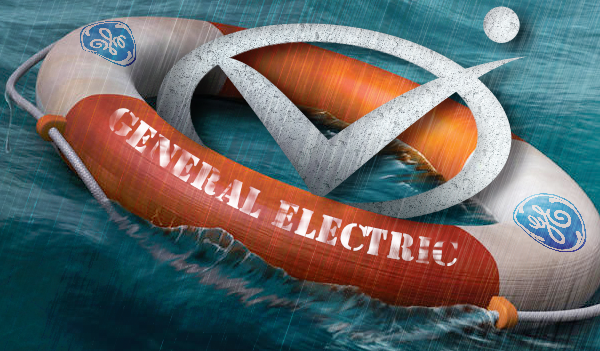It doesn’t take long for even the most casual observer to understand the role health, safety and environmental (HSE) plays in the relationship between customers and suppliers in the oil and gas industry. Put simply, HSE performance is the first and last factor many consider when selecting an oilfield supplier.
In general, EnergyPoint’s data indicate customers’ satisfaction with suppliers in HSE-related areas remains strong. In fact, the last five years’ HSE scores are materially higher than for other satisfaction metrics. Moreover, despite overall satisfaction hitting a low point in 2006-07, HSE ratings remained in relatively good shape. Continue reading “Wanted: Responsible Oilfield Suppliers”











